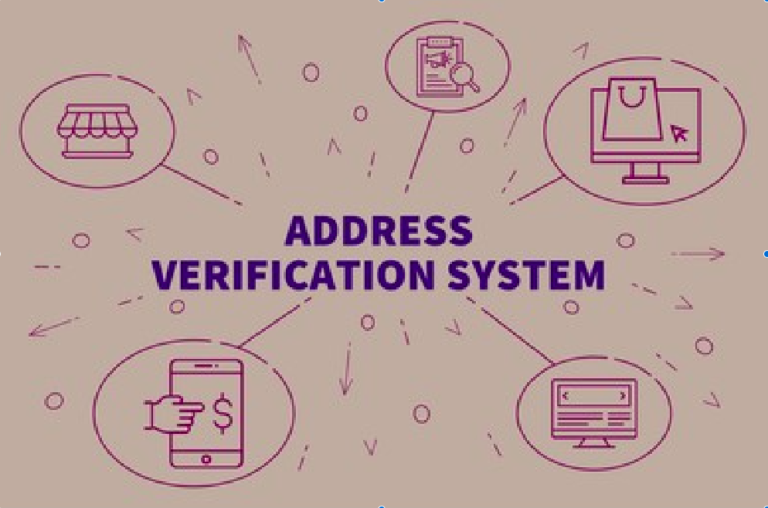Quick and Easy Fix For Your WEB CRAWLING
Crawling the web can be a difficult and time-consuming process, especially if you don’t have the right tools or know-how. However, there are some quick and easy ways to make your web crawling more efficient and less time-consuming.
In this article, we’ll share with you 10 of our favorite tips for improving your web crawling.
1. Use a Web Crawler
A web crawler is a tool that automatically visits websites and downloads their content. This can save you a lot of time, as you won’t need to manually visit each site yourself. There are many different web crawlers available, so be sure to do some research to find one that best suits your needs.
2. Prioritize Your Sites
If you have a large list of sites to crawl, it’s important to prioritize them. Start with the most important or popular sites, and then move on to the less important ones. This will ensure that you don’t waste time crawling sites that aren’t worth your while. You can ask the RemoteDBA Administrator for more details.
3. Don’t Crawl the Entire Site
When you’re crawling a site, you don’t need to download every single page. Instead, focus on the pages that are most likely to be useful to you. For example, if you’re looking for product information, you’ll probably want to focus on the product pages rather than the About Us page.
4. Use an RSS Feed
Many sites offer RSS feeds, which provide an easy way to keep track of new content. If a site you’re interested in offers an RSS feed, be sure to subscribe to it. This way, you’ll be notified whenever new content is added, and you can crawl it right away.
5. Limit Your Crawling
If you’re crawling a large number of sites, it’s important to limit the amount of data you download. Otherwise, you may end up with more data than you can handle. To do this, you can set limits on the size of the pages you download, the number of pages per site, and the total number of sites you crawl.
6. Use a Proxy
If you’re crawling a large number of sites, it’s a good idea to use a proxy. A proxy is a server that acts as an intermediary between your computer and the sites you’re crawling. This can help improve your crawling speed and reduce the risk of getting banned from sites.
7. Don’t Overload the Server
When you’re crawling a site, it’s important not to overload the server. If you make too many requests, the server may block your IP address. To avoid this, limit the number of simultaneous connections you make, and be sure to spread out your requests over time.
8. Identify Your User Agent
When you’re crawling a site, it’s important to identify your user agent. The user agent is a string of text that identifies your web crawler to the server. To ensure that your requests are not blocked, be sure to set a valid and up-to-date user agent.
9. Parse the HTML
When you’re crawling a site, it’s important to parse the HTML. This way, you can extract the relevant information from the page and ignore the rest. There are many different HTML parsers available, so be sure to find one that best suits your needs.
10. Use a Crawling Framework
If you’re new to web crawling, it may be helpful to use a crawling framework. A crawling framework is a piece of software that helps you crawl websites more effectively. There are many different crawling frameworks available, so be sure to do some research to find one that best suits your needs.
By following these tips, you can improve your web crawling and make it more efficient. With the right tools and techniques, crawling the web can be a quick and easy process.
Conclusion:
Web crawling can be an efficient way to gather data from multiple sites. By using a web crawler, prioritizing your sites, and limiting you’re crawling, you can improve your efficiency. Additionally, using a proxy and identifying your user agent can help you avoid getting blocked. Finally, parsing the HTML and using a crawling framework can make it easier to crawl websites effectively.
These are just a few of our favorite tips for improving your web crawling. If you have any other tips, be sure to share them in the comments below!





